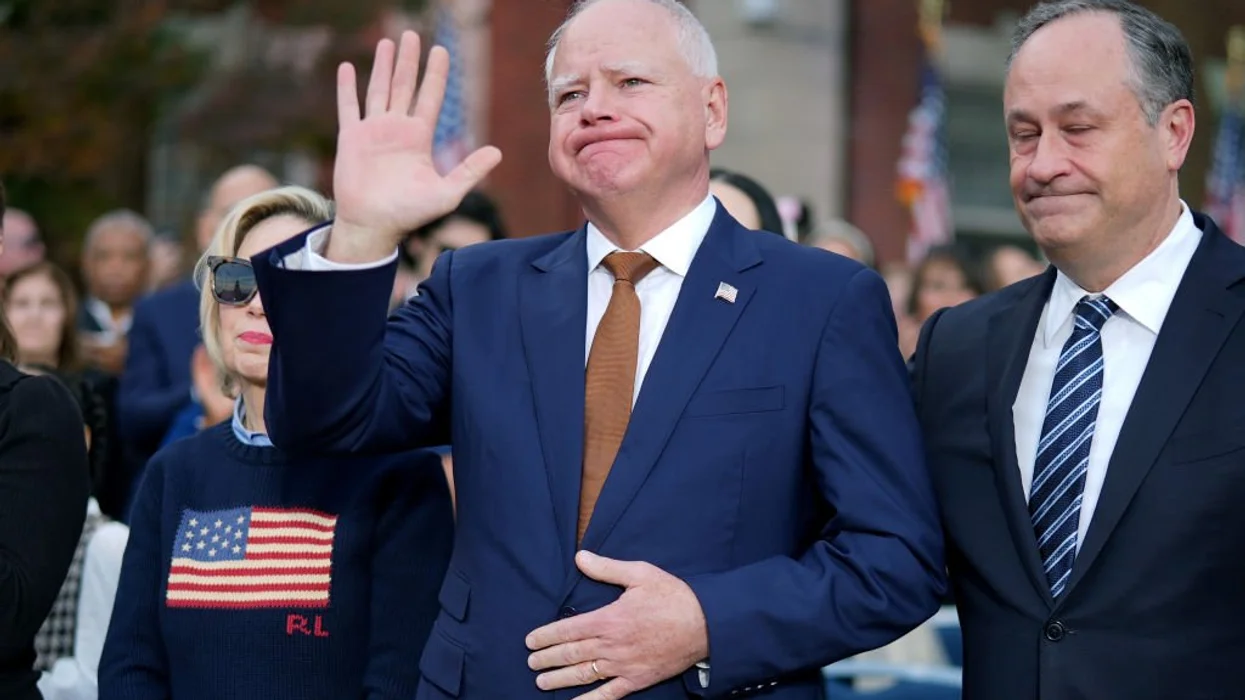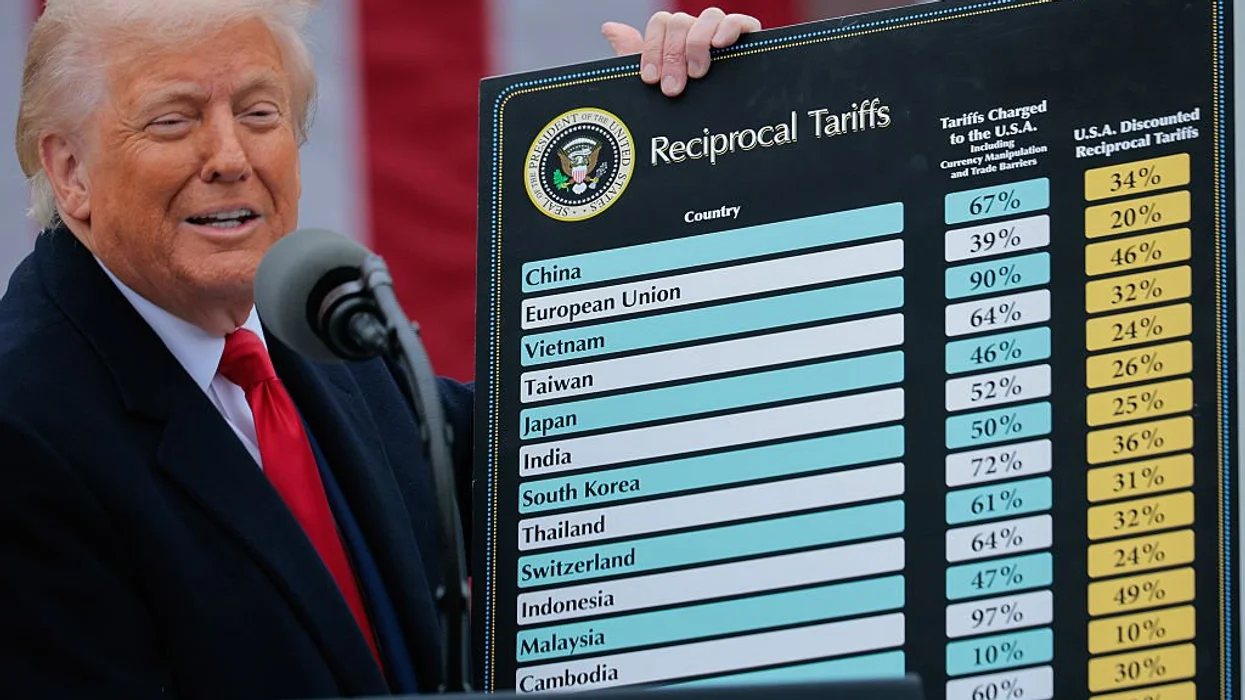
© 2025 Blaze Media LLC. All rights reserved.
The Congressional debate surrounding The Patriot Act has concluded -- at least for the short term. On Thursday, leaders came to an agreement to extend the three most contentious provisions until June 1, 2015. According to The New York Times:
The sections allow investigators to get “roving wiretap” court orders allowing them to follow terrorism suspects who switch phone numbers or providers; to get orders allowing them to seize “any tangible things” relevant to a security investigation, like a business’s customer records; and to get national-security wiretap orders against noncitizen suspects who are not believed to be connected to any foreign power.The Obama administration asked Congress to renew the provisions, while taking a coy stance about whether any particular changes were a good idea. Some Republicans, meanwhile, argued that the provisions should be made permanent without any modifications.

There has been a diversity of opinion regarding how The Patriot Act should be handled. Some lawmakers want to see changes to these provisions (audits and more transparency), while others have been pushing to see the law continue untouched. For this latter group, Thursday's bi-partisan agreement was essentially a victory.
Wired provides an excellent recap of the three legislative pieces that have been so contentious over the years:
- The “roving wiretap” provision allows the FBI to obtain wiretaps from a secret intelligence court, known as the FISA court (under the Foreign Intelligence Surveillance Act), without identifying the target or what method of communication is to be tapped.- The “lone wolf” measure allows FISA court warrants for the electronic monitoring of a person for any reason — even without showing that the suspect is an agent of a foreign power or a terrorist. The government has said it has never invoked that provision, but the Obama administration said it wanted to retain the authority to do so.
- The “business records” provision allows FISA court warrants for any type of record, from banking to library to medical, without the government having to declare that the information sought is connected to a terrorism or espionage investigation.
The Senate is expected to vote on the measure early next week, with the House following suit later in the week. While the government won't be debating this issue again for quite some time, the ACLU and other key players will likely have plenty to say in the interim.
Want to leave a tip?
We answer to you. Help keep our content free of advertisers and big tech censorship by leaving a tip today.
Want to join the conversation?
Already a subscriber?
Billy Hallowell is a digital TV host and interviewer for Faithwire and CBN News and the co-host of CBN’s "Quick Start Podcast."
Billy Hallowell
Billy Hallowell is a digital TV host and interviewer for Faithwire and CBN News and the co-host of CBN’s "Quick Start Podcast."
more stories
Sign up for the Blaze newsletter
By signing up, you agree to our Privacy Policy and Terms of Use, and agree to receive content that may sometimes include advertisements. You may opt out at any time.
Related Content
© 2025 Blaze Media LLC. All rights reserved.
Get the stories that matter most delivered directly to your inbox.
By signing up, you agree to our Privacy Policy and Terms of Use, and agree to receive content that may sometimes include advertisements. You may opt out at any time.





